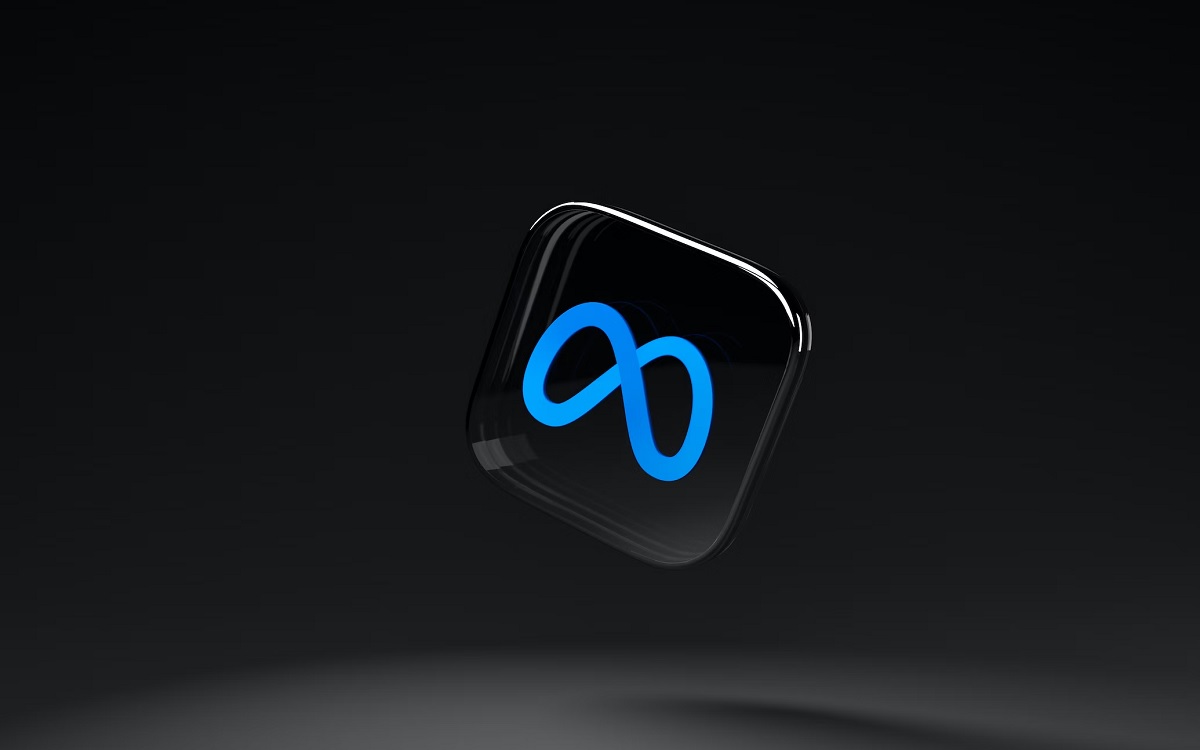First crack in Nvidia AI wall? Meta set to use own AI chips in its servers in 2024 — but it will still use Nvidia H100 GPUs as well in its datacenters for now
Meta's new chip, Artemis, is designed to run AI inference tasks

Meta Platforms, the parent company of Facebook, plans to deploy its own custom-designed artificial intelligence chips, codenamed Artemis, into its data centers this year, according to an internal document seen by Reuters. This move could potentially reduce Meta's dependence on Nvidia's market dominant H100 chips and control the escalating costs of running AI workloads.
Meta has been investing billions of dollars to boost its computing capacity for the power-hungry generative AI products that it is integrating into services such as Facebook, Instagram, and WhatsApp. This involves acquiring specialized chips and reconfiguring data centers to accommodate them.
According to Dylan Patel, founder of the silicon research group SemiAnalysis, the successful deployment of Meta's own chip could potentially save the company hundreds of millions of dollars in annual energy costs and billions in chip purchasing costs.
NVIDIA Tesla M40 24GB Module: $240 at Amazon
The NVIDIA Tesla M40 GPU Accelerator is the world's fastest accelerator for deep learning training. It provides accurate speech recognition, deep understanding in video and natural language content and better detection of anomalies in medical images.
Still reliant on Nvidia, for now
Despite this move toward self-reliance, Meta will continue to use Nvidia's H100 GPUs in its data centers for the foreseeable future. CEO Mark Zuckerberg has stated that by the end of this year, the company plans to have roughly 350,000 H100 processors in service.
The deployment of its own chip marks a positive turn for Meta's in-house AI silicon project, following a decision in 2022 to discontinue the chip's first iteration in favor of Nvidia's GPUs.
The new chip, Artemis, like its predecessor, is designed for AI inference, which involves using algorithms to make ranking judgments and generate responses to user prompts.
"We see our internally developed accelerators to be highly complementary to commercially available GPUs in delivering the optimal mix of performance and efficiency on Meta-specific workloads," a Meta spokesperson said.
Sign up to the TechRadar Pro newsletter to get all the top news, opinion, features and guidance your business needs to succeed!
While Meta's move to reduce its dependence on Nvidia's processors could perhaps signal the first crack in Nvidia's AI wall, it's clear that for now, Nvidia's GPUs will continue to play a significant role in Meta's AI infrastructure.
More from TechRadar Pro

Wayne Williams is a freelancer writing news for TechRadar Pro. He has been writing about computers, technology, and the web for 30 years. In that time he wrote for most of the UK’s PC magazines, and launched, edited and published a number of them too.
